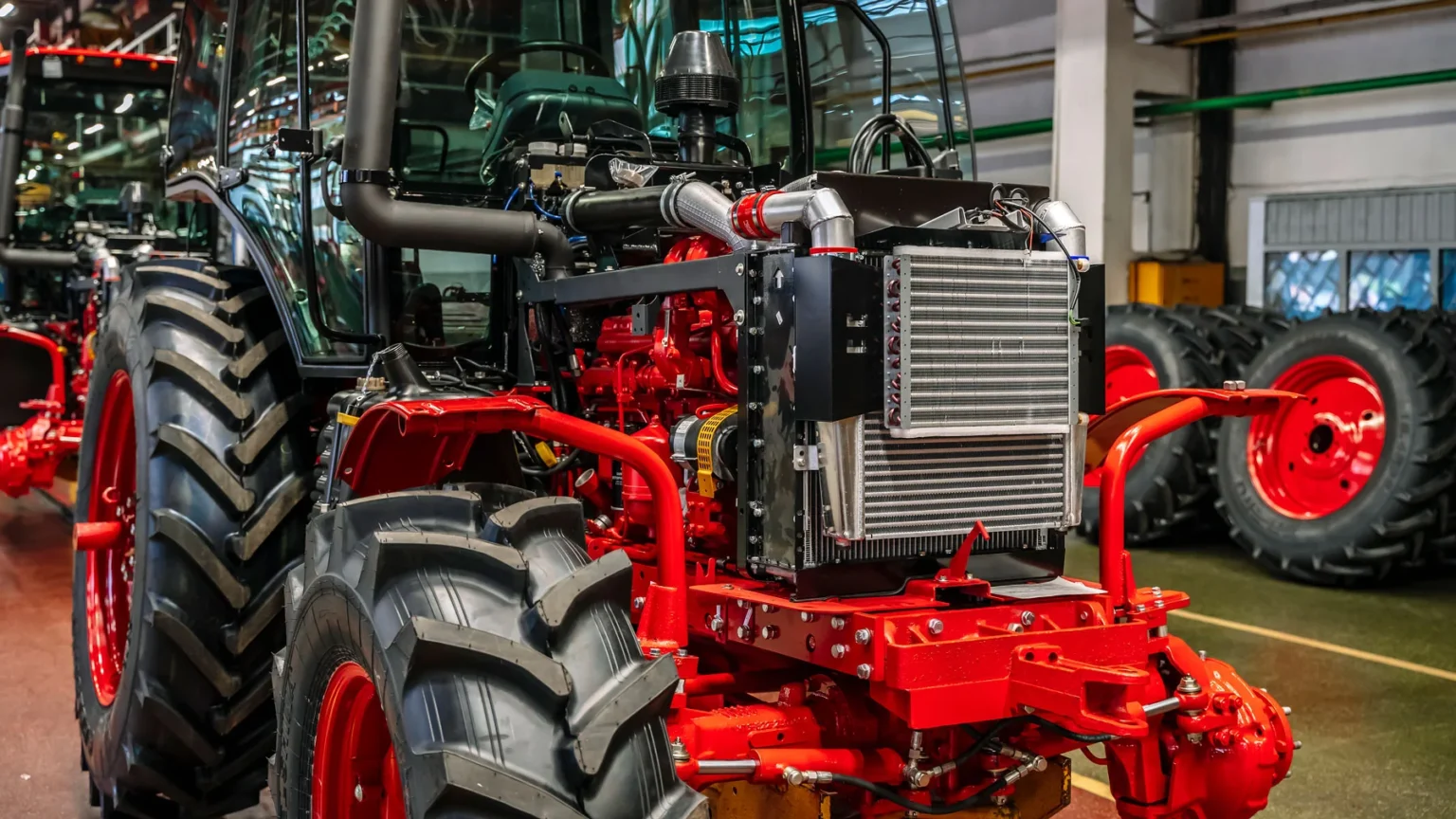Islamabad, Apr 3, 2025: Pakistan’s tractor industry is facing an unprecedented crisis, with sales plummeting 63% below the eight-year average, raising serious concerns for the country’s agricultural economy.
Sakib Eltaff, CEO of Al Ghazi Tractors Pakistan, attributes the sharp decline to economic instability, excessive taxation, and the lack of a comprehensive strategy for agricultural mechanization.
As one of the two leading tractor industry manufacturers in the country, Al Ghazi Tractors plays a crucial role in modernizing Pakistan’s farming sector.
The company, partly owned by Dubai’s Al-Futtaim Group (50%) and global agricultural machinery leader Case New Holland (43%), is integral to the nation’s mechanization efforts.
READ MORE:
PM Announces a Drastic Cut of Rs 7.41 Per Unit in
Highlighting the sector’s significance, Eltaff pointed out that agriculture contributes over 20% to Pakistan’s GDP.
“This industry extends beyond just manufacturing it sustains a network of 230 local suppliers, supporting 30,000 skilled workers and indirectly impacting around 300,000 livelihoods across the supply chain,” he noted.
The industry’s struggles have deepened, with tractor sales hitting record lows during peak months. “January and February 2025 saw sales drop 43% from last year, but after adjusting for delayed deliveries under Punjab’s Green Tractor Scheme.
The actual decline stands at 63%,” Eltaff revealed. He linked this downfall to reduced farmer incomes and rising input costs, calling for a stable policy framework instead of short-term interventions that could further destabilize the market.
Pakistan lags significantly in farm mechanization, with just 0.8–0.9 horsepower per acre compared to the FAO’s recommended 1.4.
Eltaff emphasized that increasing mechanization isn’t solely about tractors but about improving agricultural productivity through coordinated efforts between policymakers, manufacturers, and financial institutions.
While he acknowledged the positive impact of Punjab’s Green Tractor Scheme, he stressed that such initiatives should be strategically timed to complement rather than replace market demand. The rising cost of tractors, now starting at Rs. 2.5 million, has made affordability a major hurdle.
“Banks must introduce flexible financing plans aligned with farmers’ seasonal earnings, especially as interest rates drop,” he urged, underscoring the need for accessible credit despite the informal nature of many farmers’ financial records.
Al Ghazi Tractors is pushing innovation, launching the high-powered NH 850 model and exploring GPS-enabled autonomous tractor industry.
“Smart technologies like drones for crop surveillance, precision spraying, and yield monitoring can revolutionize farming, but require policy backing and investment,” Eltaff added.
Calling for a nationwide mechanization strategy, he warned that short-term measures could weaken the industry, jeopardizing food security and countless jobs.
With economic challenges mounting, industry experts stress the urgent need for decisive action to revive this critical sector.
